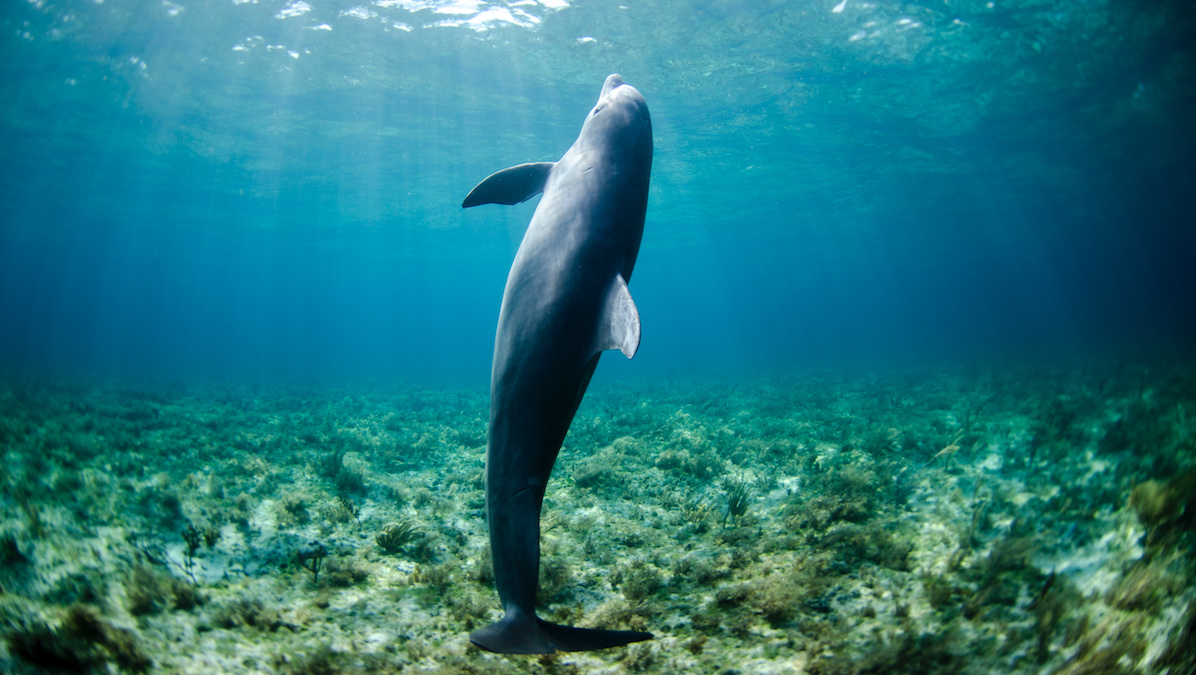

Government officials are offering an up to $20,000 reward for information that helps solve two brutal Florida dolphin murders.
The first dolphin was discovered shot or stabbed late last week by biologists with the Florida Fish and Wildlife Conservation Commission off of Naples, Florida, National Oceanic and Atmospheric Administration (NOAA) Fisheries reported Tuesday. The second was found within the same week by experts at the Emerald Coast Wildlife Refuge, who discovered the animal on Pensacola Beach with a bullet in its left side.
“[These are] some of the worst cases we have seen,” Tracy Dunn, who leads the law enforcement team of NOAA’s southeast division, told The New York Times.
The deaths bring the total for dolphins stranded in the southeastern U.S. up to at least 29 since 2002, according to NOAA. The dolphins appear to have been shot or stabbed with arrows or fishing spears. Four of these strandings occurred within the past year. This includes one dolphin who was found off Captiva Island, Florida in May 2019 with a fatal puncture wound in its head. The case remains unsolved, and authorities are also offering a separate reward for any information about that case.
The underlying problem is that people feed dolphins illegally, NOAA officials explained.
“When dolphins are fed, their behavior changes. They lose their natural wariness of people and boats,” NOAA bottlenose dolphin conservation coordinator Stacey Horstman told The New York Times.
This means that when dolphins encounter boats, they adopt a begging position, Horstman further explained to NBC. They either stick their heads out of the water with their mouths open or look up at the boats while on their sides. When they do this, they are only one to two feet from a boat. It is thought both of the dolphins killed last week were in a begging position when they died.
“The best advice is not to feed them, not to reach out to them. The seemingly innocent act of feeding dolphins can lead to harm and something like this,” Horstman told The New York Times.
Bottlenose dolphins are not listed as an endangered species in the U.S., but, because they swim close to shore, they are at risk from human activity such as development and fishing.
They are also protected under the Marine Mammal Protection Act, NOAA explained, which means it is illegal to hunt, harass, kill or feed them, or to attempt to do so. Anyone caught violating the act can face criminal or civil penalties of up to 0,000 in fines or up to a year in jail.
NOAA is asking for anyone with information about the recent deaths to call its enforcement hotline at (800) 853-1964.
“It’s very difficult to solve without the community coming forward,” Dunn told The New York Times.

 233k
233k  41k
41k  Subscribe
Subscribe 